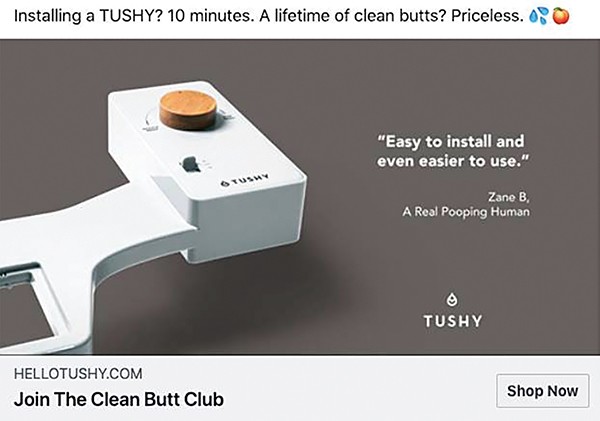I woke up in the middle of the night last Friday. Something sounded odd in the bathroom — a trickle of running water and an occasional mini-flush. I dark-walked my way into the loo, where it became obvious that, yes, the toilet was running. I flipped the handle a couple times (as one does) to no avail. So, back to bed I went, resolving to fool with it the next day.
Saturday morning, I lifted the tank lid to see what lurked below — and it wasn’t pretty. There was a brick I’d put in there a couple years ago to reduce water consumption and forgotten about. It was covered in moss. At least, I hope it was moss. The bad news was that the flapper thing was soft, fleshy, and pink, and water was flowing around and under it, pretty much unimpeded. Meh.

This wasn’t my first flapper-replacement rodeo, so I shut off the water to the potty, removed the gross, slippery flap, and put it in a plastic bag. Then it was off to Home Depot to buy a replacement. I found a nice shiny red one the same size as mine in the toilet aisle and proceeded to self-checkout, where I scanned the item, swiped my debit card, then headed home.
Installing the new flapper took three minutes, and the water stopped running immediately. Very satisfying. Feeling like a boss, I went to the kitchen for a fresh cup of coffee and opened my laptop to check the Book of Face.
The very first thing that greeted me was an advertisement for something called Tushy, a bidet device of some sort. The ad urged me to install a Tushy and “Join the Clean Butt Club.” Wow.
In the 15 minutes since my trip to Home Depot, my flapper purchase had apparently put me in a special, cyber sub-group of “people who repair their own toilets,” and that information had been transmitted into the corporate maw of Big Toilet, which saw me as an excellent potential customer, since I so enjoyed messing about in potties.
It was sort of shocking, though I should be used to it by now — as we all should be. We are the consumers — and the product. Our information, our location, and our purchase data is being mined and sold in hundreds of ways. As we drive around, Google geo-fencing alerts marketers that we parked in front of, say, a furniture store. Then, when we next check social media — voila! — an ad for a dining room set appears.
Those giant smart TVs, which seem like such a bargain at $499, are constantly transmitting our viewing data — to be sold to marketers who are interested in knowing who’s watching The Rachel Maddow Show or The Big Bang Theory or Dr. Pimple Popper, so as to send us micro-targeted ad messages.
A recent article on the tech site Motherboard detailed how phone providers such as Sprint, AT&T, and T-Mobile are selling geo-location services to just about any company that wants to buy them, including bounty hunters and bill collectors. At least one company, called Microbilt, is selling phone geo-location services with little oversight to a spread of private industries ranging from car salesmen and property managers to bail bondsmen, according to company documents obtained by Motherboard.
It doesn’t stop there. Nearly every website we visit collects and sells information about our browsing habits, as do social media sites such as Facebook, Twitter, Instagram, and even those sites you’d prefer not to talk about. If you casually search on Amazon for sunglasses, be prepared to be besieged for the next few days by ads for sunglasses. Marketers want to get you while you’re in the mood to buy.
If you’ve got a smart phone, a smart TV, a smart car, or a computer hooked to the Internet, it’s best to proceed under the assumption that absolutely nothing you do is going unmonitored — including buying a flapper for your toilet.
Tempting as it was, I did not buy a Tushy or join the Clean Butt Club, but I researched it a little. The first rule of Clean Butt Club is, unsurprisingly, You Don’t Talk About Clean Butt Club. The second rule is There Is No Secret Handshake.